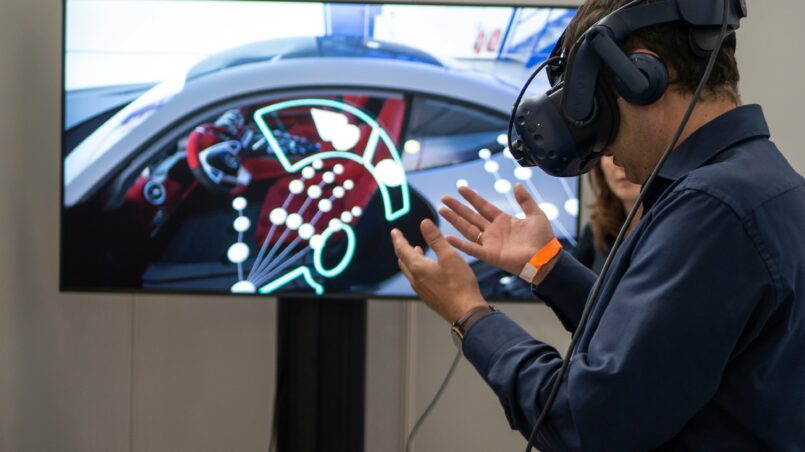As we stand on the cusp of a new decade, the landscape of education is undergoing a profound transformation, driven by rapid technological advancements and evolving learning preferences. In this era of constant change and innovation, the concept of edutainment – the fusion of education and entertainment – is poised to play a pivotal role in shaping the future of learning. Looking ahead to 2030, several key trends and innovations in edutainment are set to revolutionize the way we acquire knowledge, skills, and competencies.
1. Virtual and Augmented Reality Experiences:
By 2030, virtual and augmented reality technologies are expected to become mainstream tools in education, offering immersive and interactive learning experiences. Edutainment applications leveraging VR and AR will enable learners to explore virtual worlds, conduct experiments, and engage with complex concepts in a highly engaging and memorable manner. This trend will blur the lines between reality and simulation, opening up new possibilities for experiential learning across various subjects and disciplines.
Case Study – Saudi Arabia edutainment efforts in line with 2030 vision
2. Personalized Learning Pathways:
In the future, edutainment platforms will increasingly harness the power of artificial intelligence and machine learning to tailor educational content to the unique needs and preferences of individual learners. By analyzing data on student performance, engagement levels, and learning styles, AI algorithms will create personalized learning pathways that optimize retention and comprehension. This adaptive approach to edutainment will empower learners to progress at their own pace and focus on areas where they need the most support.
3. Gamified Learning Experiences:
Gamification, the integration of game elements into non-game contexts, will continue to be a prominent trend in edutainment in 2030. Educational games and simulations will be designed to make learning fun, challenging, and rewarding, motivating learners to actively participate and persist in their educational endeavors. By incorporating elements such as points, levels, badges, and leaderboards, gamified edutainment experiences will foster competition, collaboration, and a sense of achievement among learners of all ages.
4. Interactive Storytelling and Narrative-Based Learning:
Storytelling has long been recognized as a powerful tool for engaging audiences and conveying complex ideas in a compelling manner. In the future, edutainment will leverage interactive storytelling techniques to create immersive narratives that captivate learners and drive learning outcomes. By integrating branching storylines, decision points, and interactive media elements, narrative-based edutainment experiences will enable learners to explore diverse perspectives, navigate ethical dilemmas, and co-create their educational journey.
5. Collaborative and Social Learning Platforms:
In 2030, edutainment will embrace collaborative and social learning paradigms, fostering interaction, communication, and knowledge sharing among learners from around the globe. Virtual classrooms, online communities, and multiplayer educational games will provide opportunities for students to collaborate on projects, solve problems together, and learn from each other’s experiences. Social learning platforms will enable peer-to-peer feedback, mentorship, and collective intelligence, enriching the educational experience and building a sense of community among learners.
6. Sustainable and Ethical Edutainment Practices:
As the importance of sustainability and ethics continues to grow in the education sector, edutainment initiatives in 2030 will prioritize environmental responsibility, cultural sensitivity, and social impact. Content creators, developers, and educators will strive to produce ethically sourced, inclusive, and environmentally friendly edutainment materials that promote global citizenship and sustainable development. By aligning edutainment practices with ethical principles and societal values, the future of learning will prioritize the well-being of both learners and the planet.
In conclusion, the future of learning in 2030 is poised to be shaped by a dynamic and evolving landscape of edutainment trends and innovations. From virtual reality experiences to personalized learning pathways, gamified learning experiences, interactive storytelling, collaborative platforms, and ethical practices, edutainment will redefine how we engage with educational content, interact with peers, and cultivate lifelong learning skills. By embracing these trends and harnessing the power of edutainment technologies, we can create a future where education is not only informative and empowering but also engaging, immersive, and transformative for learners of all ages and backgrounds.



